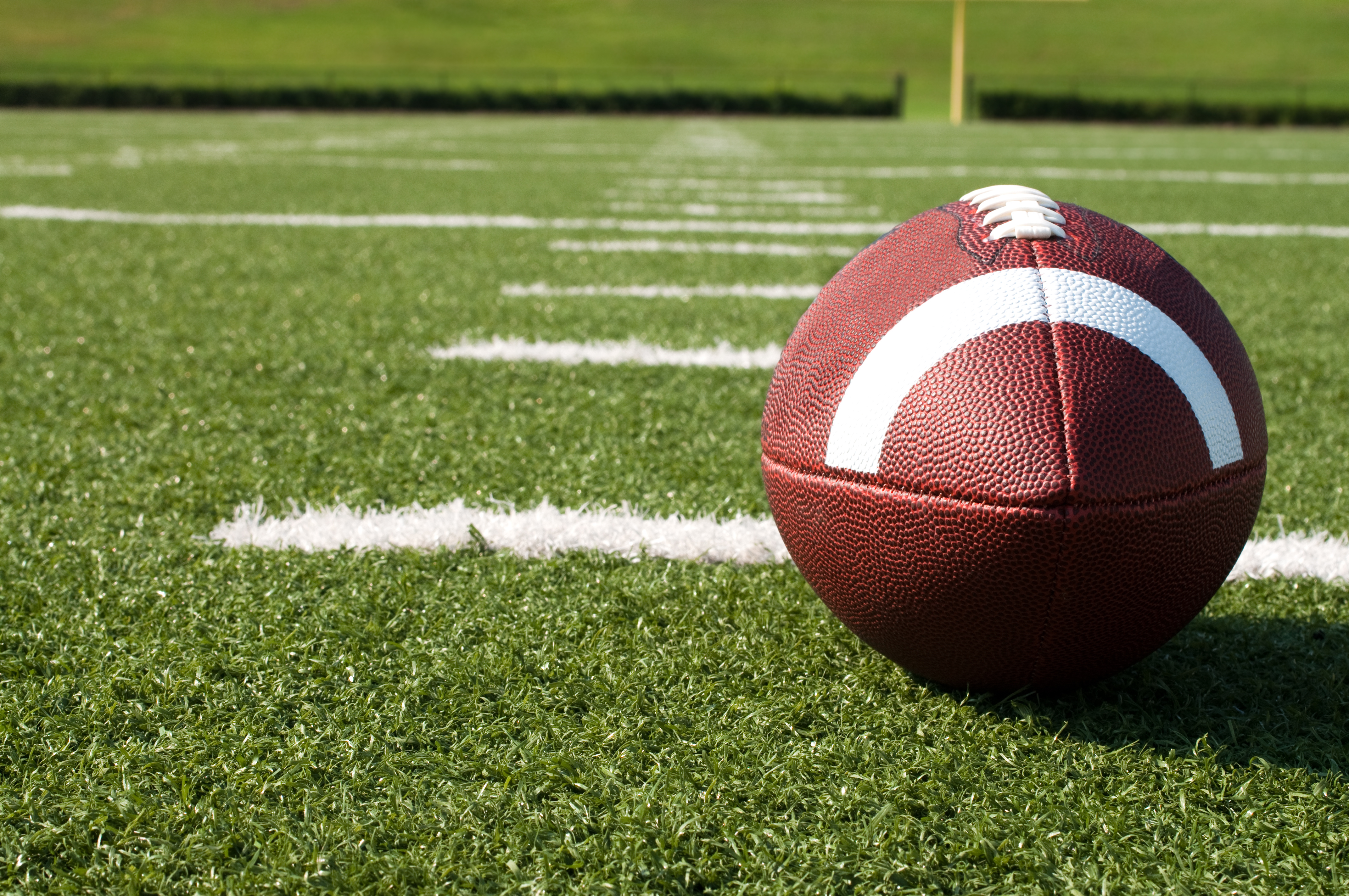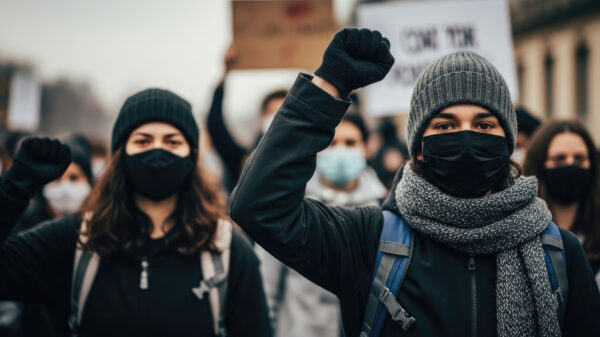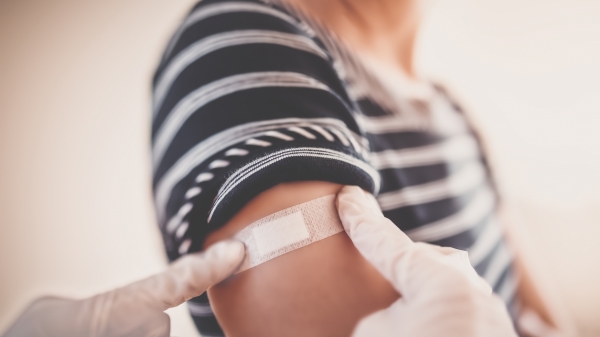There’s a secret about football that no one around here says out loud very much. It doesn’t matter. Like, not even a little bit. Oh, sure, it makes money for people and we enjoy watching it and yada, yada, yada. But in the grand scheme of life and health and making a difference in the world, it matters about as much as a gravy fountain.
It certainly matters less than your life. Or your loved ones’ lives.
And yet, that seems to be the trade-off we’re willing to make in this state. On Thursday, the Alabama High School Athletic Association, with the backing of state leaders, quite a few superintendents and most football coaches, will announce that high school football season in Alabama will go forward without delay.
Even as some 17 school districts, including the state’s largest districts, in the midst of this global COVID-19 pandemic, opt to forego in-person classes and instead will hold virtual classes for the first nine weeks, at least.
So, it seems, as thousands of Alabama school children stay home because spending hours in the same building with their classmates is too dangerous, in terms of the spread of the virus, hundreds of those same kids will also be attending football practices and games, at which they will participate in, essentially, three hours of sweaty hugging and sharing drink bottles.
If this sounds like the dumbest thing you’ve ever heard, well, hold on, because I haven’t yet told you about the “new guidelines” that will be implemented to make football safer.
According to numerous reports from media outlets around the state, certain safety measures will be introduced, including no handshakes before or after the game, only one player from each team for the coin toss and extending the sideline areas to allow for social distancing.
Now, just stop here for a moment and consider those things.
Consider, if you will, two linemen. They have spent the entire game, about half of the plays, banging against one another, pushing and pulling and spitting and clawing and dragging and piled on top of each other.
But don’t worry, they’re not shaking hands afterward. So, virus avoided.
Look, I get it. We all want life to be as normal as possible, especially for kids. And part of that normalcy are things like high school football.
But at the same time, every person who has fought for an on-time return of high school football will claim that their motivation is, in some way, related to the “important life lessons” learned in team sports. And maybe that’s true to an extent.
But just as important in the education of children is teaching them responsibility, particularly when that responsibility involves giving up something or doing something you don’t want to do for the greater good.
I mean, do you think those kids wanted to storm that beach at Normandy?
Don’t roll your eyes. That’s a fair comparison at this point, in every aspect but the cost of sacrifice. We’ll have 150,000 dead Americans by this time next week from a virus that’s been around less than half a year. That’s more than the Iraq war (both versions), the war in Afghanistan, the Vietnam conflict and WWI — combined.
And football is going to add to that.
Please, spare me the justifications and false data. I know the kids are unlikely to die from contracting coronavirus. But their parents and grandparents and elderly relatives and friends are more likely.
Also, I’d like to remind you that there are a lot of awful steps between healthy and dead. Some of those steps include a hospital bed and a ventilator. And we’re running low, again, on both.
When you put together thousands of kids, thousands of parents and fans and hundreds of coaches and officials, you’re going to further the spread of this virus. This is not a point that can be argued.
That spread will lead to more cases, more hospitalizations, more deaths.
Preventing this additional sickness and death involves us not playing a game in which one group of kids tries to get an oblong ball into a square area at the end of a long field.
It’s a tough choice, obviously.




















































